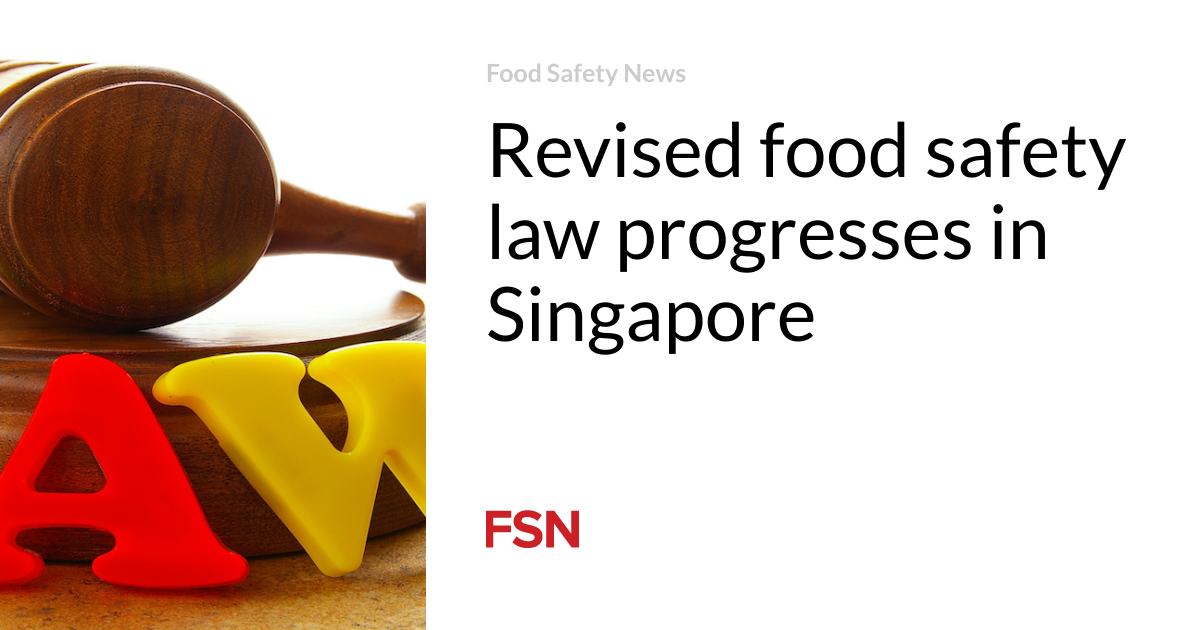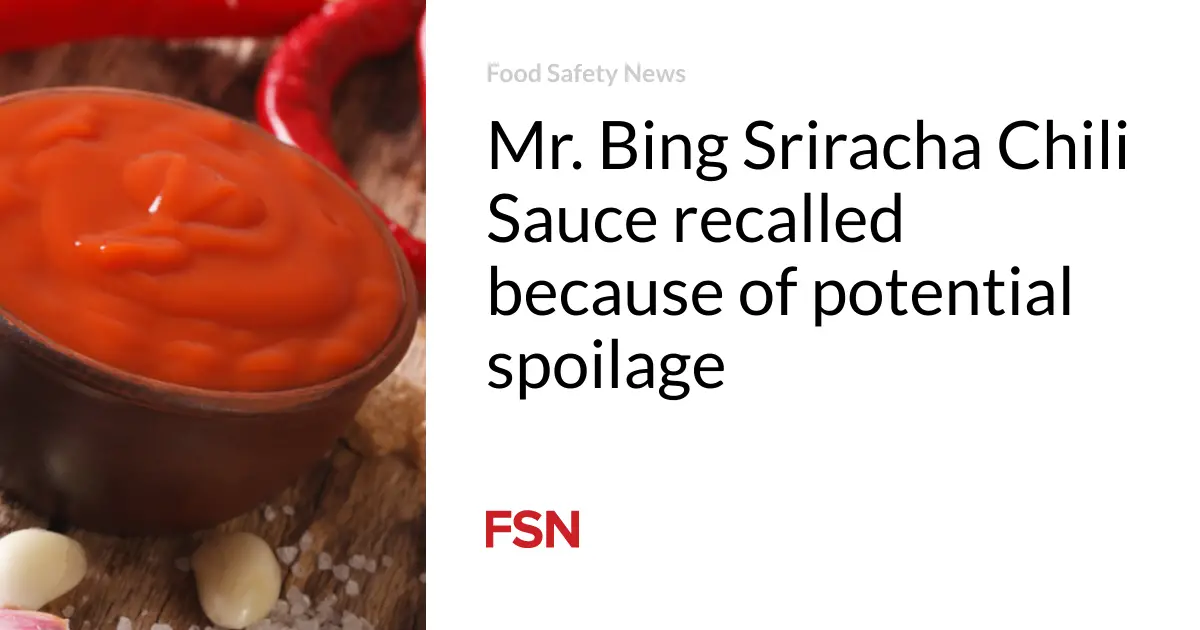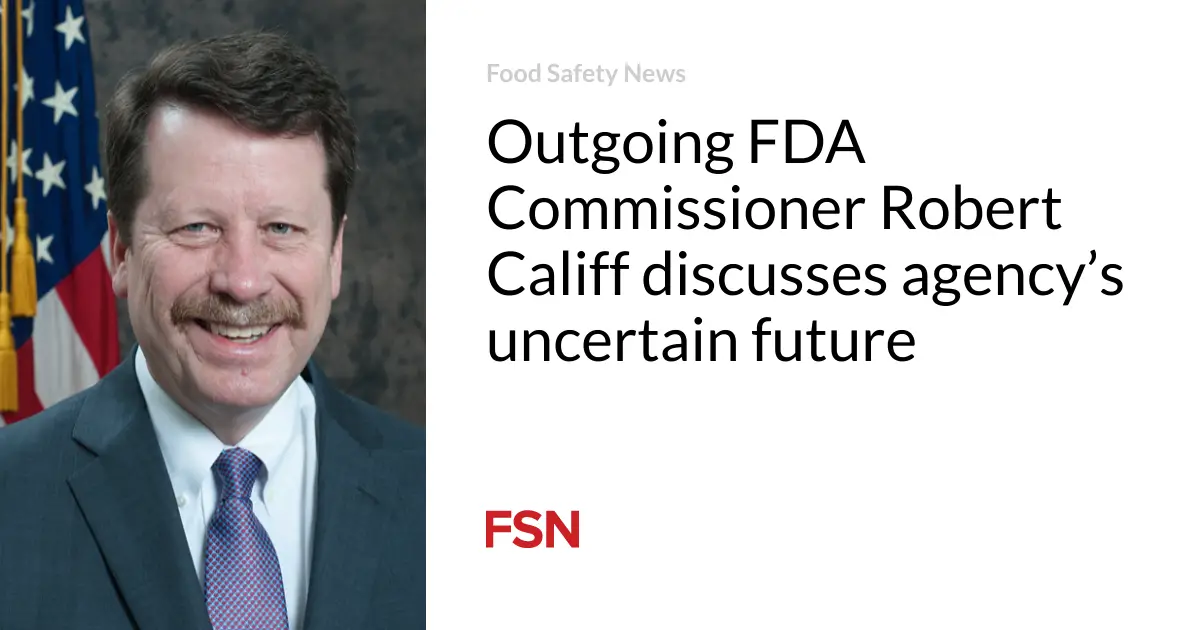
[ad_1]
A draft food safety law proposing several changes to current requirements has been presented to government officials in Singapore.
The Ministry of Sustainability and the Environment introduced the Food Safety and Security Bill for its first reading in Parliament earlier this week. The draft law will be debated at the second reading, which is planned for January 2025.
The bill aims to consolidate and refresh existing food-related legislation and strengthen Singapore’s food safety controls to better protect consumers and public health. The Singapore Food Agency (SFA) plans to implement the new requirements in phases over the next few years, starting in 2025.
As an example of consolidation, importers will only need to refer to the bill governing the requirements for importing food commodities instead of looking at different acts.
Selected changes
The law will not prescribe operational details but require licensees to maintain food control plans. Currently, businesses must comply with pre-licensing requirements and conditions that describe how they should carry out operations to ensure food is safe.
Coverage of food safety legislation will be extended beyond the sale of food to its supply, which includes donations and free distribution. Requirements will be based on the food safety risk of the activity.
Key food distribution players will be required to keep records for traceability and recalls so that unsafe food and food-contact articles can be removed from the market in a timely manner and minimize the impact on human health.
Companies must provide records relating to recalled food within 24 hours when requested. Businesses will continue to have up to 48 hours to remove implicated products from retail shelves. A company must inform SFA if a food safety concern is due to a withdrawal.
Penalties will be tiered based on the severity of offenses. Higher penalties will apply for repeat offenders and corporate entities, offenses involving unsafe food that causes illness, harm, and physical injury, and offenses committed knowingly. A disqualification framework prescribes a period of up to three years. Disqualification will only apply to operators and traders who had their licenses revoked and will not cover other outlets if multiple licenses are held.
Local farms will need to develop and implement a Farm Management Plan to mitigate risks to food safety.
Received feedback
Proposed provisions have been consulted with various industry stakeholders since August 2023, and public consultations were also conducted between March and September 2024.
Feedback was received from 112 respondents and 260 participants who attended an in-person engagement session.
Most respondents supported new provisions related to food firms, such as the requirement for selected licensable businesses to keep records on food manufactured or supplied.
Most respondents supported the new Farm Management Plan and Food Control Plan requirements, which allow businesses to implement preventive measures tailored to their operational needs.
SFA will continue to have a pre-market approval process and update safety assessment guidelines on its website related to novel foods, genetically modified foods, and insects to help adopt up-to-date food safety assessment processes.
(To sign up for a free subscription to Food Safety News, click here.)
[ad_2]
Source link





